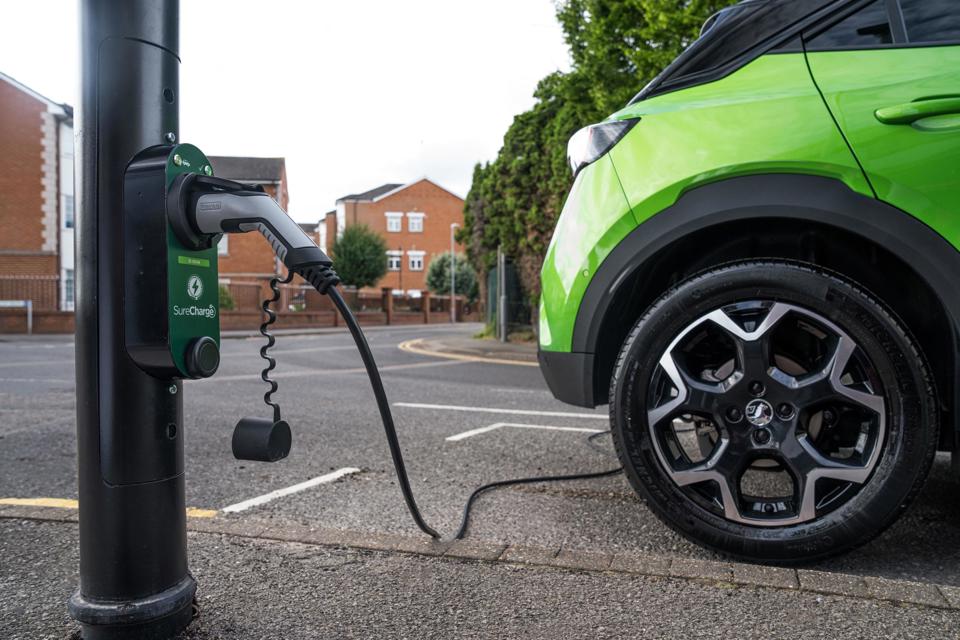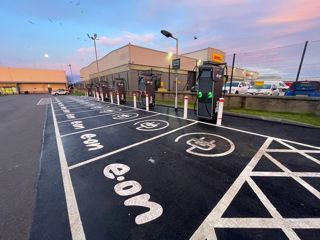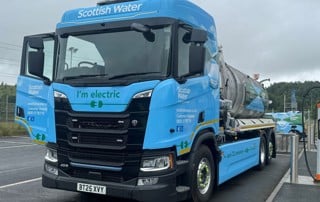Vauxhall has partnered with Cenex to highlight shortcomings in the UK's delivery of electric vehicle (EV) infrastructure, in a new report.
The assessment shows the broad nature of current UK targets don’t go far enough to provide an actionable and measurable reflection of where infrastructure is required.
Three new relevant metrics have been created to track progress – Near Home Charging, Destination Charging and Journey Charging.
James Taylor, managing director of Vauxhall, said: “Effectively tracking the progress we are making towards a practical future for electric vehicles is key to determining how far we have come, and in identifying what steps we need to take next to ensure that progress continues at pace.
“Partnering with Cenex to produce this report has been valuable in demonstrating how much needs to be done to improve the current metrics we use, to more accurately reflect the true progress being made and that still needs to be made throughout the country. This data highlights how broad the UK’s current target of 300,000 public chargepoints by 2030 is and how useful a more nuanced and detailed picture is.”
Accompanying the report, an online interactive dashboard has also been made publicly available on Cenex’s NEVIS service at nevis.cenex.co.uk/metrics, to share the data behind the new metrics.
The study unearthed a wide range of new data and statistics, providing a whole new level of detail. For example, using the Near Home Charging metric, it was able to conclude that, on average, 19% of all households who need it are close to a public chargepoint.
Across Great Britain, supply is a little ahead of demand, although regional disparities continue to exist. For example, Camden nearly has the capacity it needs for projected levels of local EV ownership in 2040.
Using the Journey Charging metric, it concluded that overall, the supply of journey charging for UK’s roads is ahead of demand, although there is still significant variation between roads.
Chris Rimmer, head of policy, strategy and implementation at Cenex, added: “A key finding from the research is that metrics must be relevant, actionable, scalable and measurable. Applying this to the three ways chargepoints are used allows us to assess whether we are getting the right chargepoints of the right power into the right places.
"We are grateful to have worked with Vauxhall to publish this data to help deliver cleaner and greener transport in the most sustainable, effective and efficient manner.”
























Login to comment
Comments
No comments have been made yet.